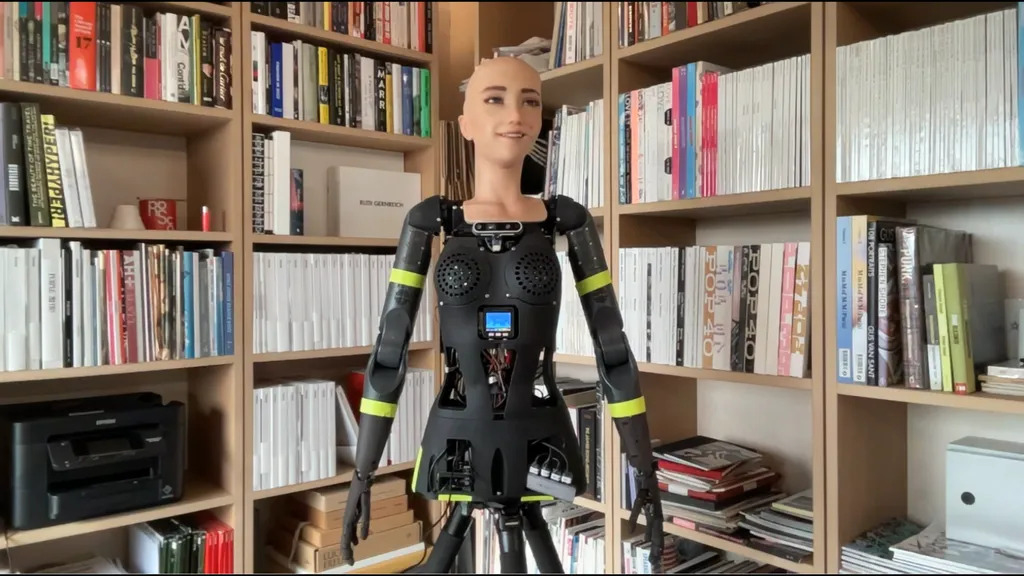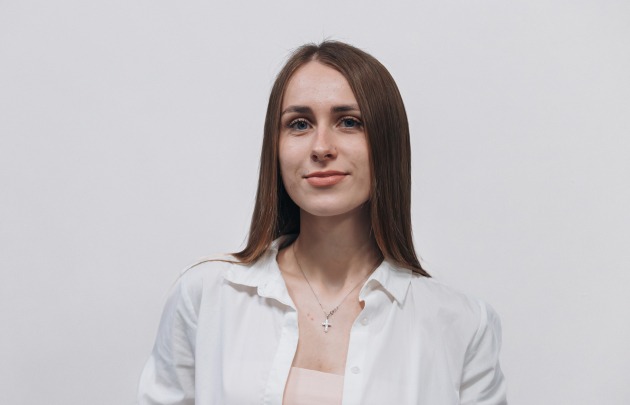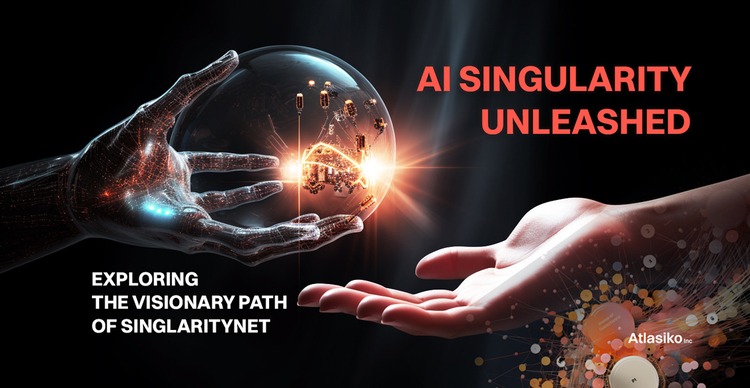In the swiftly evolving landscape of artificial intelligence, the term "singularity" looms as a harbinger of transformation that has both computer scientists and aficionados of science fiction holding their breath. This enigmatic concept signifies a pivotal juncture in the future where technological advancement spirals beyond control, becoming irrevocable and causing seismic disruptions across civilization.
A pivotal player on this path to the AI singularity is SingularityNET, an AI and blockchain developer whose name aptly mirrors its mission. Janet Adams, COO of SingularityNET, elucidated their vision in a recent interview with Decrypt: “Our vision is to drive towards a positive, beneficial, benevolent singularity for the benefit of all humankind.”
The genesis of SingularityNET dates back to 2017, birthed by the minds of Ben Goertzel and David Hanson. This decentralized marketplace seeks to democratize advanced AI access through the power of blockchain technology. Hanson, holding a Ph.D. in Interactive Arts and Engineering from The University of Texas and a Master of Science in Applied Neuroscience from King's College London, partnered with Goertzel, who earned his Ph.D. in Mathematics from Temple University.
A focal point in the journey to AI singularity is the nexus between artificial intelligence and robotics, a nexus that SingularityNET is actively traversing. Adams expounded on the company's multifaceted mission, acknowledging that bridging this gap is integral to their endeavors.
In the realm of computer science, the singularity marks the juncture where artificial intelligence outstrips human intelligence, propelling unforeseeable technological leaps and societal metamorphoses. Decrypt posed a fundamental question: Why aim to create entities or robots that could potentially surpass human intellect? The answer, according to Adams, is rooted in the notion of progress.
“Progress just happens all by itself,” Adams asserted. She elaborated, explaining that technological advancement has naturally unfolded over decades, culminating in the integration of artificial intelligence and statistical programming into computer systems.
While the notion has been incubating within scientific and science fiction circles, the term itself was coined by Hungarian-American mathematician John von Neumann during the late 1950s. Ray Kurzweil, the prominent computer scientist, author, and futurist, went on to predict in his book "The Singularity Is Near" that the singularity would emerge by 2045.
Adams, however, posits that we're outpacing Kurzweil's projection: "We acknowledge that there are a number of research breakthroughs to happen before we get to human-level AGI (artificial general intelligence),” she said. “But we have built the technology stack for that AGI, and they could even emerge sooner than three to seven years.”
Distinguishing between AI and AGI, Adams outlined that the former is specialized in particular tasks, akin to a calculator, while the latter mirrors the expansive capabilities of the human brain, equipped to learn and execute any intellectual task.
In 2021, SingularityNET unveiled Sophia, a humanoid robot crafted by David Hanson in collaboration with artist Andrea Bonaceto. This innovative creation launched a series of AI and neural network-powered NFT artworks on Nifty Gateway. In the same year, the Sophia DAO was introduced—an autonomous organization dedicated to fostering Sophia's growth and well-being.
Among SingularityNET's latest ventures is Desdemona, dubbed an "AI Diva," conceived during the COVID-19 pandemic. Adams envisions Desdemona evolving into an AI pop star, celebrity, and influencer. She emphasizes the powerful human-like connection engendered by humanoid robots like Desdemona and Sophia, attributing this to their expressive faces and the 36 motors adorning Desdemona's visage.
Sophia’s AI Lab whitelist applications are now OPEN! Embark on a virtual adventure unlike anything you've ever seen before and work with the @SophiaVerse_AI team to shape the future of AI-driven decentralized gaming. We can't wait to see you in the metaverse!
— SingularityNET (@SingularityNET) August 14, 2023
However, as technology leaps forward, concerns arise. The Center on Countering Digital Hate recently issued a report titled "AI and Eating Disorders," spotlighting how AI chatbots may inadvertently promote unhealthy body images. OpenAI's ChatGPT and Google Bard were singled out for not adequately safeguarding users against such influences.

SingularityNET finds itself in the company of other Web3 projects like The Graph, Fetch.AI, Numeraire, and Ocean Protocol. These projects, buoyed by the launch of OpenAI’s GPT-4, witnessed a surge in token prices.
Janet Adams underscores the singularity core principle governing SingularityNET: every algorithm and action undertaken in their decentralized community is geared toward the greater good. This commitment extends to decentralizing AI development, enabling a wide range of individuals to shape its evolution rather than a select few.
Security stands as a linchpin in the safe evolution of AI models. SingularityNET has committed substantial efforts to safeguarding user privacy and data. Leveraging blockchain technology, Adams highlighted data usage with permissions as a means to ensure privacy while enabling users to benefit from data utilization.
For AI to mature responsibly, Adams argues for collaborative programming, oversight, regulation, and development. She asserts, "The way, from our perspective, is to massively reduce human suffering and inequality and transform our existence on the planet, eradicate diseases, resolve supply chain issues, and find solutions for global warming."
With an optimistic outlook, Adams concludes, "The upside—the utopic upside of artificial intelligence is almost unimaginable." As SingularityNET pioneers the frontier of AI, the realization of this potential awaits, poised at the precipice of the technological singularity.







